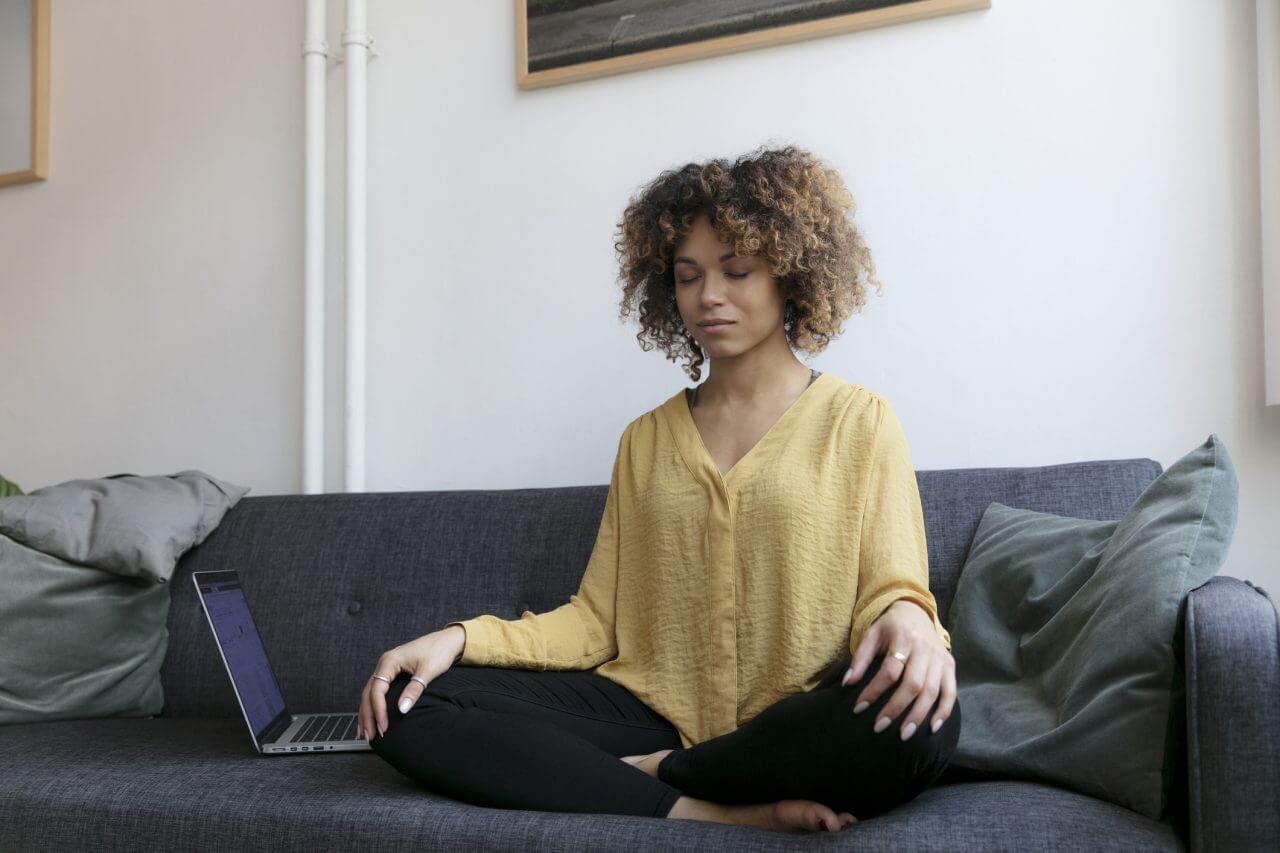Social Media and Mental Health in Adults
.jpg?rev=4d053e664542436e99bba88fca0271f9)
Social media is increasingly making headlines for the adverse effects it can have on users. However, many people find that social media accounts have benefits, such as keeping up with the latest news and staying connected with friends and family.
As with all activities in life, social media is best enjoyed in moderation. Limiting your social media screen time can help reduce its potential adverse effects, as can seeking informative and uplifting content and avoiding material that negatively impacts your mood or self-esteem.
This article addresses social media’s impact on adults and why its influence is so strong. It also provides screen time recommendations by age group.
How Social Media Affects Adults
Much of the concern about social media’s impact on mental health and wellness focuses, as it should, on children and teens. However, these platforms can also affect adults in negative ways.
Researchers have confirmed what most people know from their experiences with social media: It can lead to reduced feelings of well-being and an increased risk of anxiety and depression.
Why? One primary reason is that humans naturally evaluate what they see, hear, etc. We do this automatically and continuously. Sometimes, these assessments are conscious, but often, they occur at a subconscious level. So, even though you may believe that the words and images you’re consuming aren’t affecting you, they are — for better or worse.
For example, if you live in a nice, comfortable home but scroll through images of beautiful mansions, it may feel like you’re simply admiring the houses. Still, the experience may leave you feeling, at some level, that your home is inadequate. Similarly, continually seeing photos of attractive people enjoying once-in-a-lifetime vacations can hurt your body image and take the fun out of your otherwise enjoyable family trips.
And these negative feelings can push you toward or worsen mental health conditions.
Why It’s Difficult To Minimize Your Time on Social Media Platforms
It’s hard to put down your phone or step away from your computer and stop using social media for several reasons, including:
- Social media is a multisensory experience. The words, images, and videos on social media platforms stimulate different parts of your brain. It’s hard to look away whether that stimulation prompts positive or negative emotions.
- You interact with your device. Scrolling, tapping, typing, and offering opinions (as “likes,” for example) are forms of engagement that make us feel like we’re “doing something,” and doing something feels good.
- Social media sites are always available. Whether you’re bored during the day or suffering through a sleepless night, the platforms are always there for you.
- The sites are designed to keep you scrolling. Social media companies say that they’re simply serving you content that interests you, and that’s true. However, they also generate revenue by keeping you online and exposing you to ads and other paid content, so their algorithms are geared toward encouraging maximum screen time.
Consequently, getting to and maintaining healthy social media consumption levels is challenging, but you can do it.
Recommended Screen Time Maximums by Age
Based on age, the American Academy of Child and Adolescent Psychiatry recommends the daily maximum screen times (including social media, television, and other video content) below.
- Babies 0-18 months: None (except for video chat with an adult)
- Toddlers 18-24 Months: Less than 1 hour, watching educational content with a caregiver
- Children 2-5 Years: 1 hour on weekdays; 0-3 hours on weekends
- Kids and Teens 6-17 Years: 2 hours on weekdays
- Teens and Adults 18 and Up: 2-4 hours on weekdays
Of course, there’s nothing wrong with being significantly below the maximum!
Tips for Reducing Your Social Media Time
If you decide to reduce the amount of time you spend on social media, these strategies can help:
- Turn off notifications. Eliminating disruptions can reduce the temptation to check out what’s happening on your favorite platforms.
- Track your time. It’s common for people to be unaware of precisely how much time they spend using social media. Keeping a daily log of social media time is enlightening and helps set the stage for cutting back. If you’re accessing social media with a smartphone, you probably already have screen time tracking.
- Choose a time of day and number of minutes daily. Deciding when you’ll use social media and how long you’ll allow yourself to use it is helpful. Even if you start with generous numbers, developing the discipline to get offline when you’ve reached your self-imposed limit is essential. Over time, you can reduce your time on social media sites.
- Select specific offline days and times. In addition to deciding when you’ll allow yourself to use social media, set aside some times when you will not. For instance, you might choose not to get online until noon or later on Sundays, instead focusing on time with family, a hobby, etc.
- Scale back on the number of social media platforms you use. See if you can get just as much enjoyment by visiting fewer sites.
- Partner with someone who’s also trying to cut back. Being accountable to a friend or family member can motivate you to achieve your social media reduction goals.
- Experiment with longer breaks. Challenge yourself to go for a full day or longer without using social media.
Talk With Your Baptist Health Doctor About Social Media and Mental Health
If you’re struggling to reduce your social media use or are experiencing mental health issues caused or worsened by social media, Baptist Health can help. Talk with your primary care physician about what you’re experiencing. They can advise you on how to proceed and refer you to a behavioral health expert if appropriate.
If you don’t have a Baptist Health physician, you can find one in our online provider directory.


.jpg?rev=942eca95ebd34b6283bfcf487f4a2e7c)
